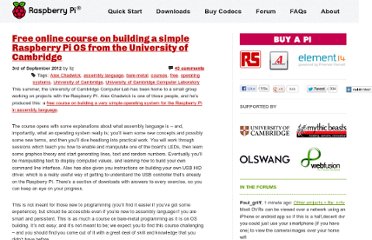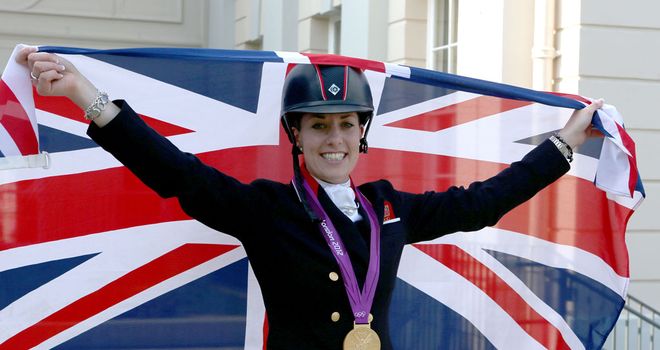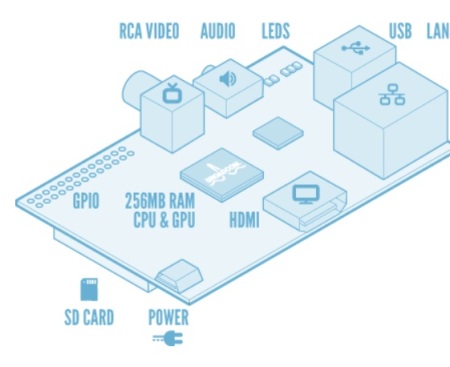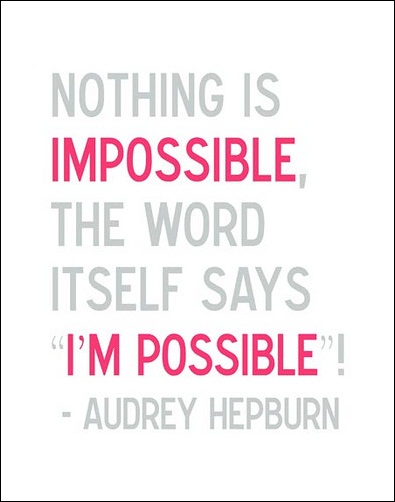Peter Twining started his session by restating that the Disapplication of the current ICT Programmes of Study (POS) will begin in September 2012, with a new curriculum expected in September 2014. The DFE and
Vital recognise that “Digital” changes everything, ever job, every discipline. For these reasons, change is necessary.
However, Michael Gove
has been less than kind about ICT and its teachers, despite the fact that in
primary schools, 2/3 of schools are judged good or outstanding based on the
most recent OFSTED data (2008). At secondary, this drops to under ½ of all schools
are good or outstanding. It seems that GCSE ICT is a disaster. The Royal
Society went on to state that “Every child needs to be digitally literate by
the end of compulsory education.” The Royal Society at no point mentions that
“computer science” is compulsory, rather a combination of all the ICT strands,
which are displayed in the image below.
Note that the three
strands of ICT are defined as Computer Science, IT and Digtial Literacy. One of
the reasons why computer science should not be delivered discretely as a
compulsory is because there are simply not enough people to deliver it.
It is worth noting
that the current QCDA was and still is just guidance and actually the POS has
and always will remain open. Teacher have done and still can teach any of the
three strands and still meet the QCDA guidance.
Disapplication (Sept 2012)
There was no guidance
from Gove as to what we should now do, he referred to a WIKI curriculum,
however much of this is incomplete. There are no success criteria or attainment
targets in which to judge the success of teaching. Therefore, many schools will
not deliver ICT, despite it being a legal requirement. Whilst it is true, that
in a general school inspection, Ofsted will not inspect ICT; it is still unwise
to completely drop ICT from your school’s curriculum. Come 2014, ICT will be a
foundation subject and if school’s have discontinued ICT from their school,
there will be a huge skills shortage in both staff and students. Please ensure
that your students do not lose their entitlement to ICT, do not slow down or
soft pedal.
New ICT Curriculum (Sept 2014)
Peter Twining strongly
restated that the subject should not change its name. Simply because something
is not working, changing the name will not change anything. We have worked hard
to build the name of “ICT” in the UK. Previously, many countries around the
world would only use the term “IT”, but now on Twitter and in all educational
journals and books published in the UK, “ICT” is the common term for our
subject.
In 2014, the
curriculum will be much thinner as a foundation subject. It is likely that the
POS will be 1 side of A4. Indeed the POS and the attainment targets will
probably be merged, with no level descriptors. Peter predicts that Gove will
not tell you what to do, he will merely set high level attainment goals.
As a discipline, we
need a united voice to succeed, rather than disagreeing and pushing particular
views. Peter said all parties need to unite under the same banner of “ICT”:
CAS, NAACE, ITTE, #DigitalStudies . The worst case scenario of a fragmented
voice would be a compromised curriculum which is agreed by all parties and
their vested interests.
Peter also discussed
following a model like science, where you would have a National Curriculum for
KS1 to KS3, followed by discrete sciences at KS4 i.e. Bio, Chem, Phy. In ICT,
we could follow the same structure, specialising in either IT, Comp Sci or
Media Studies at KS4. Incidentally, creative arts (Photoshop, video editing,
special effects, animation and compositing) would all fall into the media
studies bracket and during this two year period, could be taught by Art
teachers as well as ICT teachers with the skills.
Who will lead?
5xICT specialist
schools
Teaching schools and
the New Technology Advisory Board (NTAB)
The NTAB will steer
and co-ordinate the curriculum in the next three years. Why? Because DFE will
not (be able to) do it.
Peter also revealed
new features of the Vital website, including the evidence hub where research
meets practice. Whilst there are some schools leading in shaping the future of
ICT using:
Bring Your Own Devices
(BYOD): Students bring their own device, register their MAC address and the
they can use their device in school. This has been successfully deployed by
Saltash .Net Community School
Bring Your Own Tech
(BYOT): You can bring your own tech into school and it simply works.
Vital wanted to hear
from more schools where such schemes are working. He urged people to sign up to
Vital. Free codes will be distributed to all conference attendees in the near
future. Teaching schools would also get a discount to Vital membership.
Closing word
Do not lose ICT
capacity now, otherwise 2014 will be a shock
Computer Science is a
specialism at KS4, it is not the be all and end all.








































